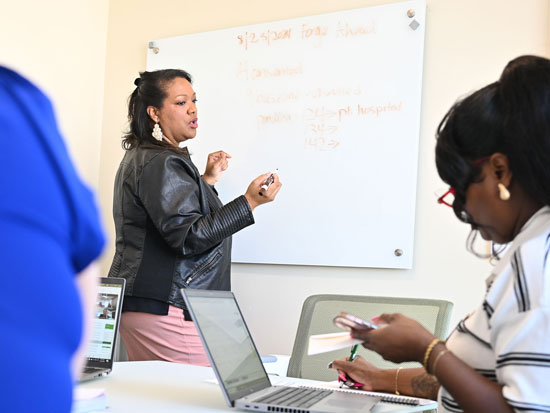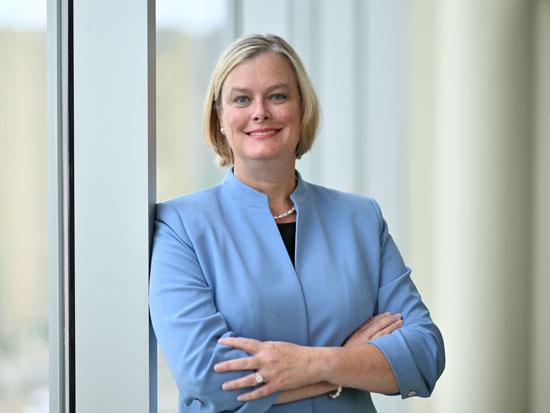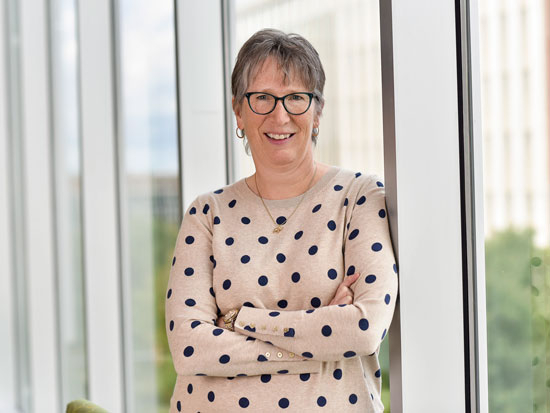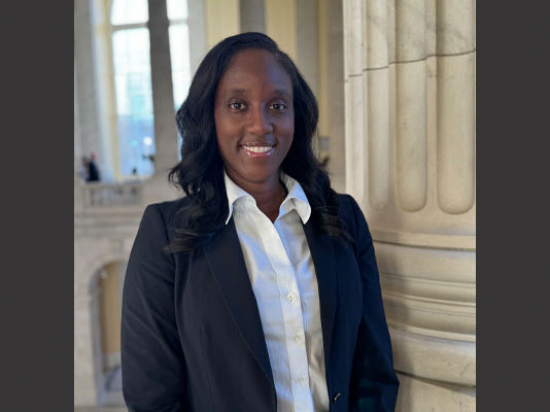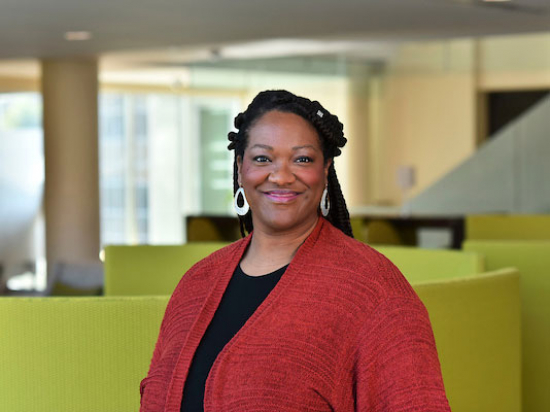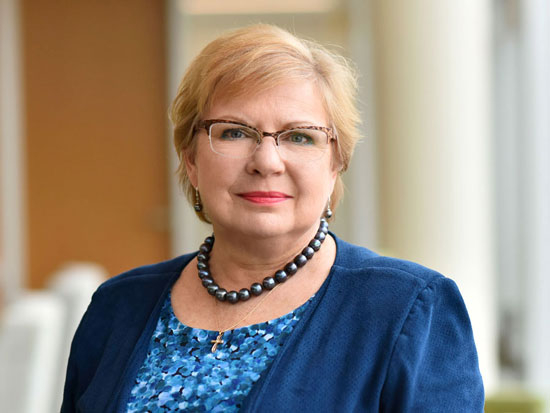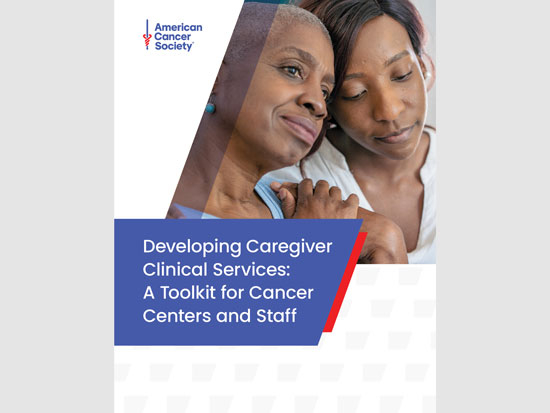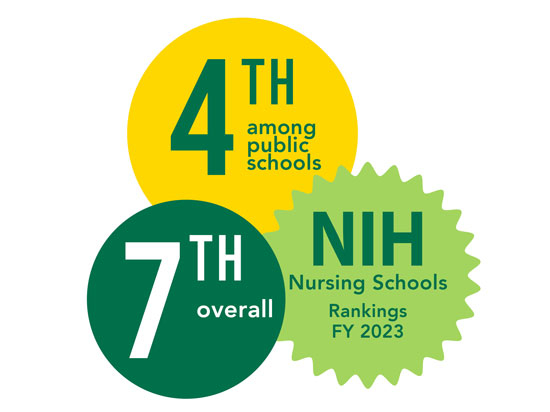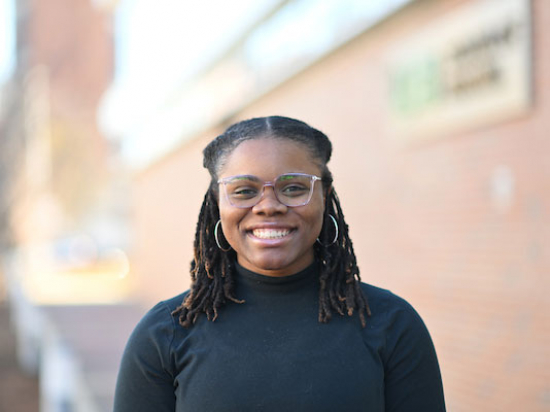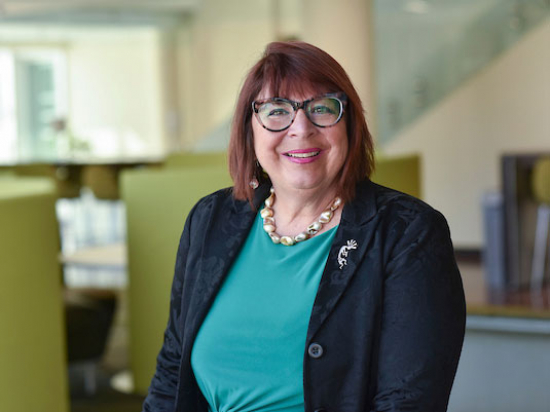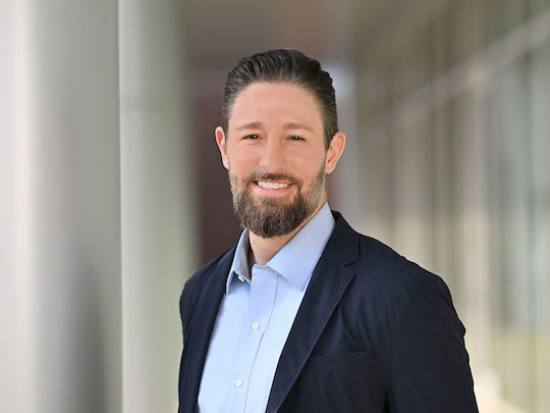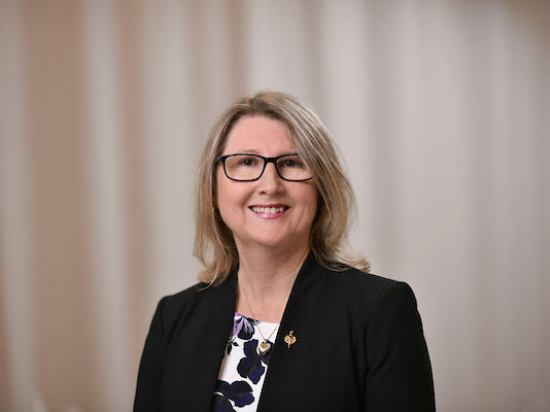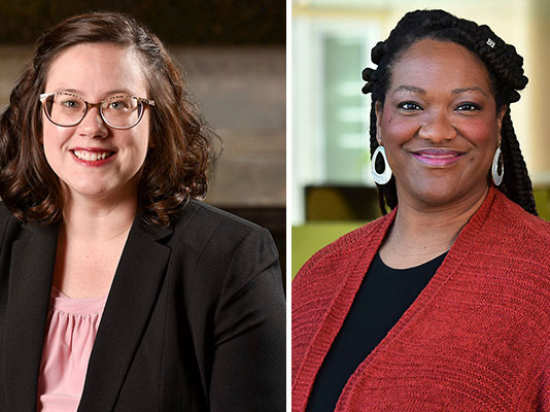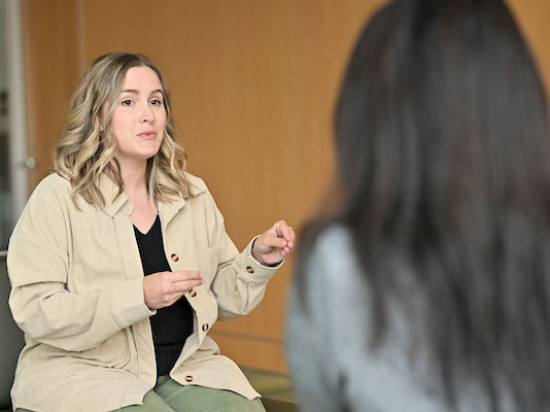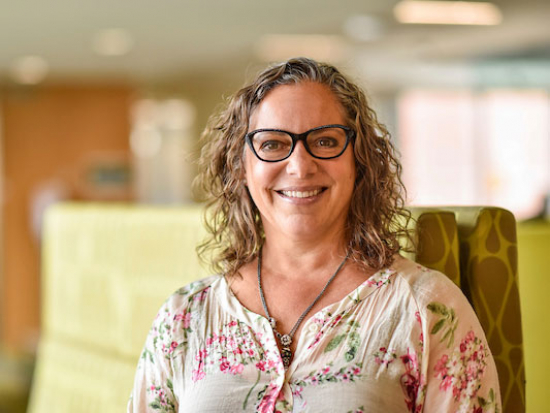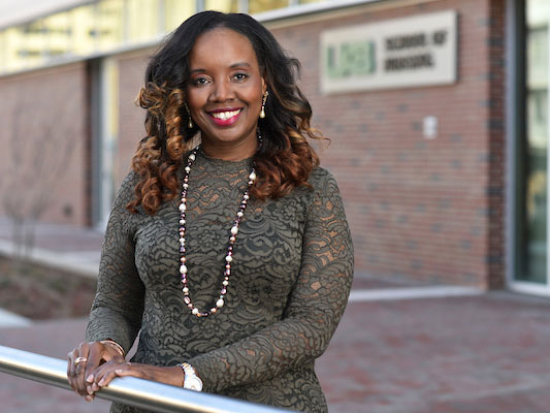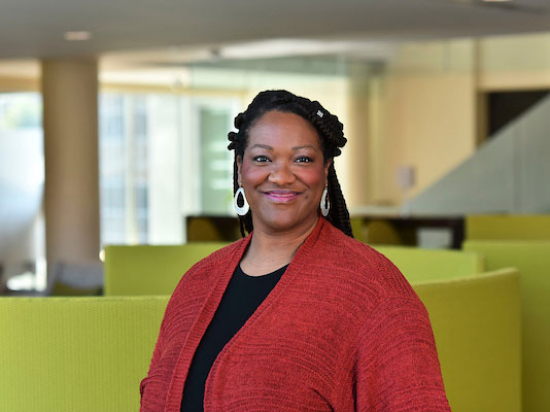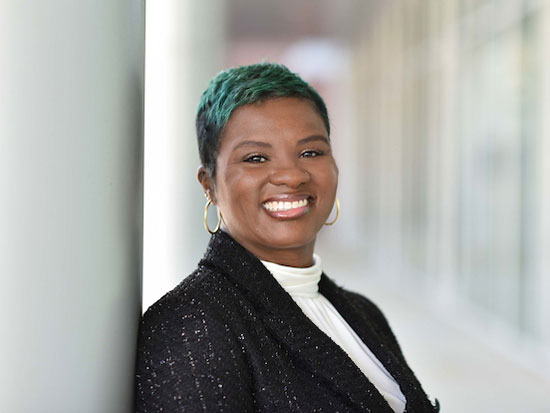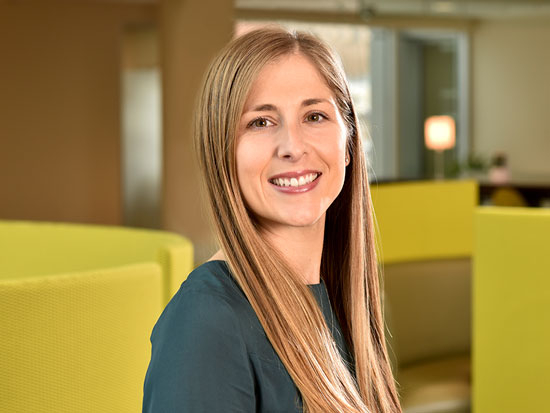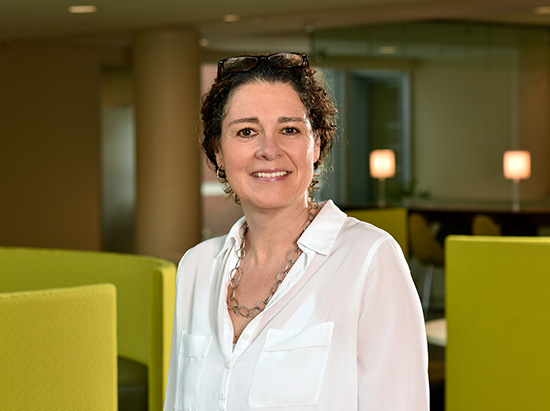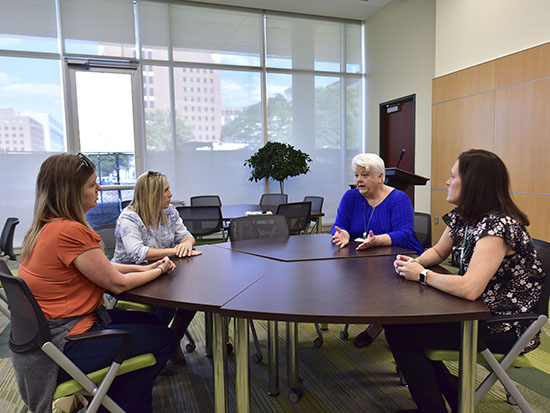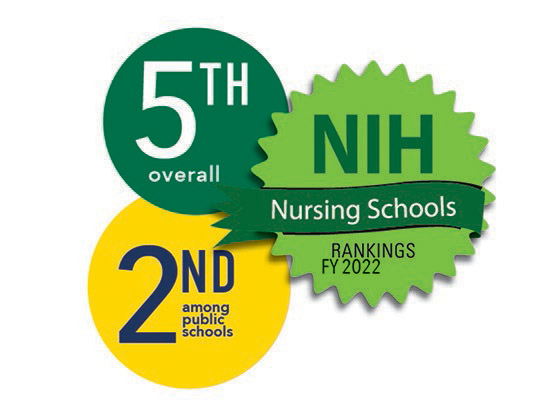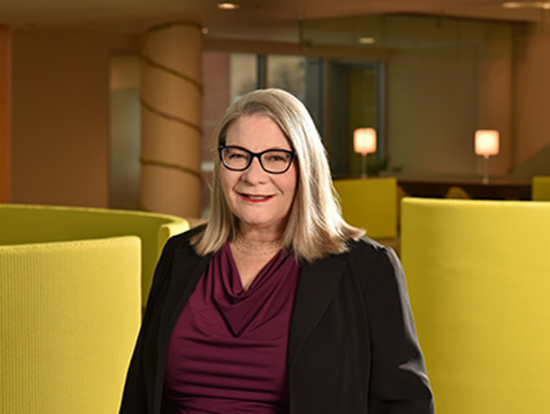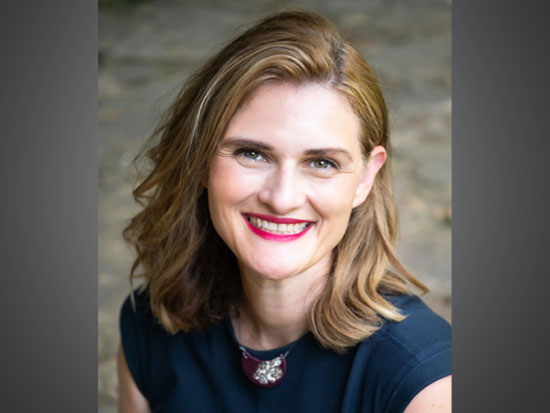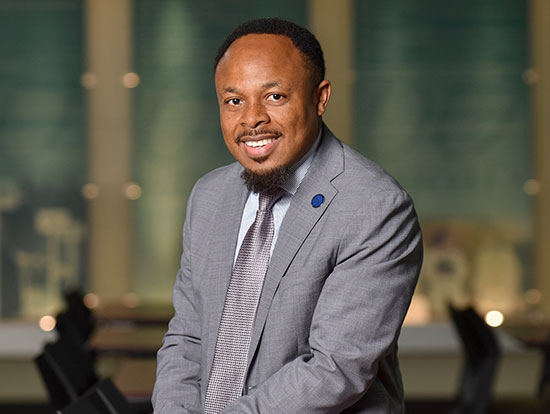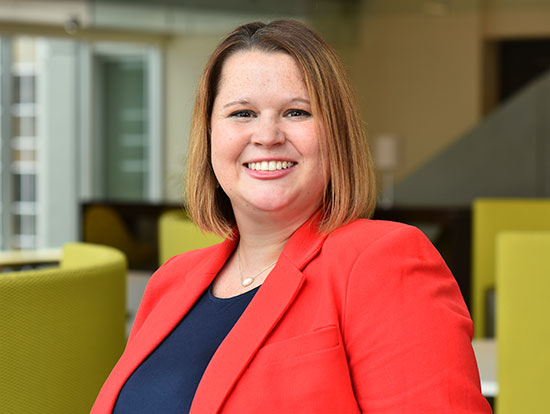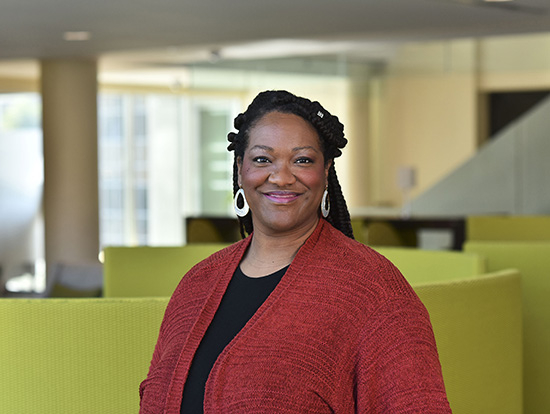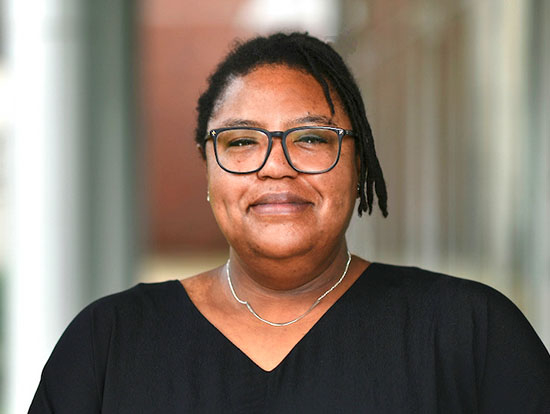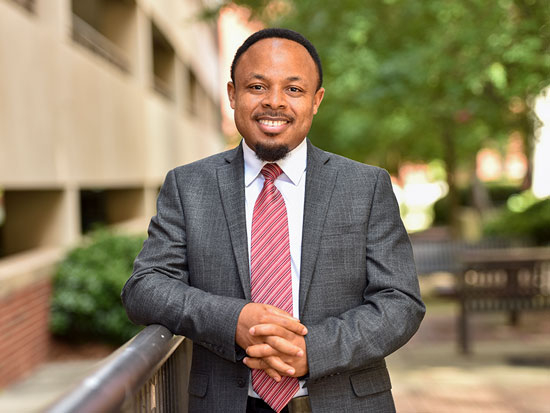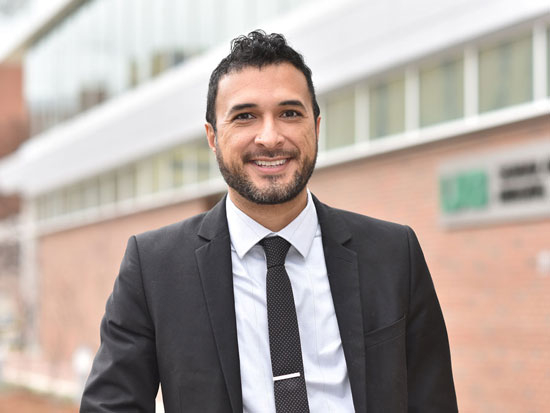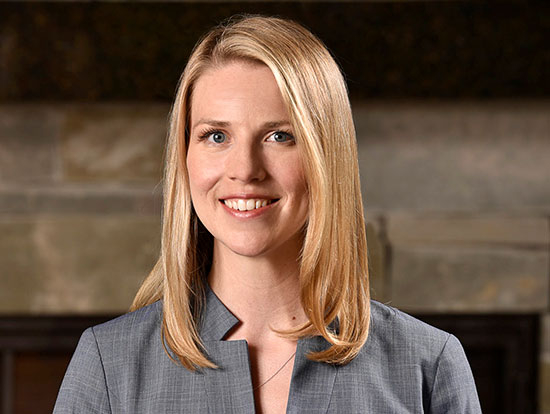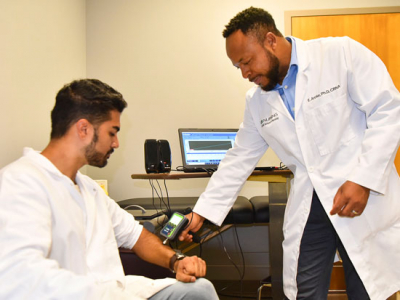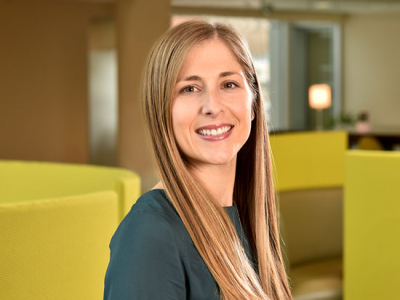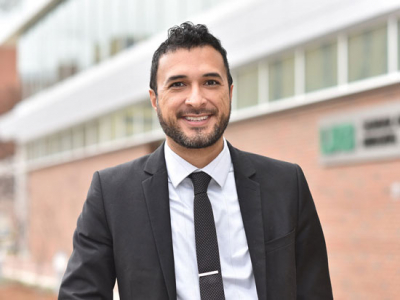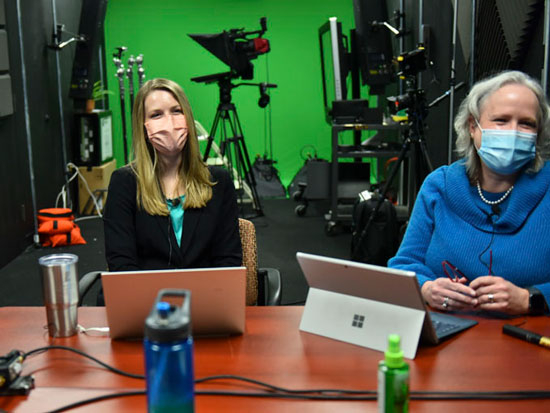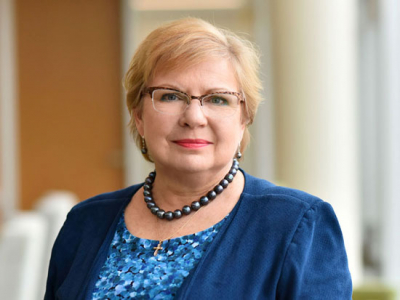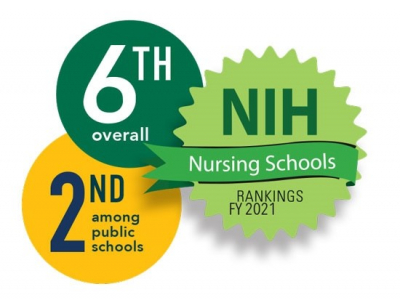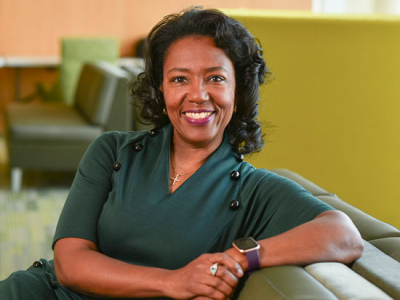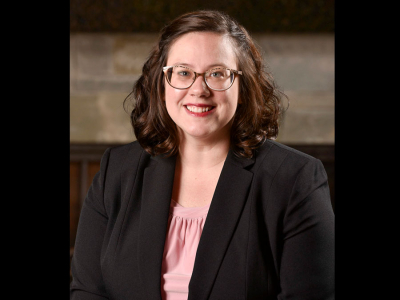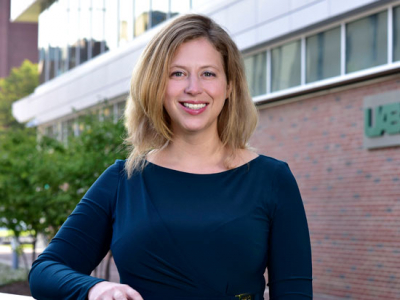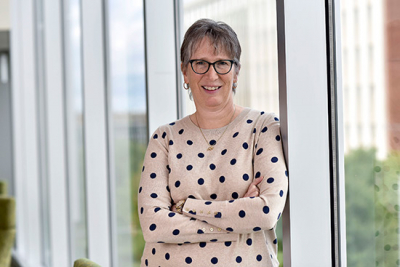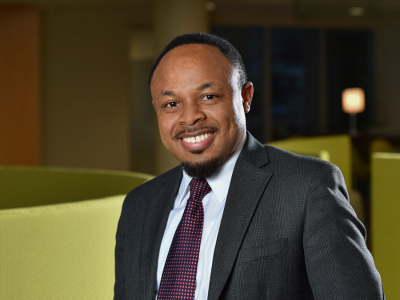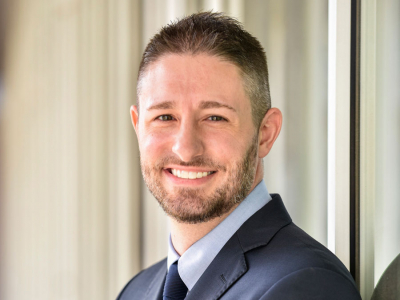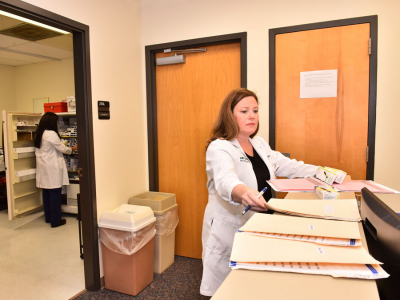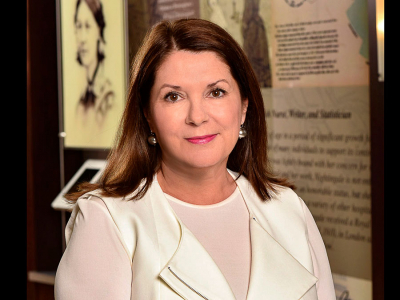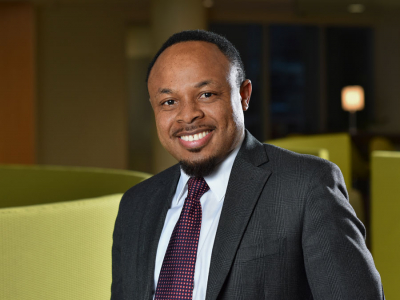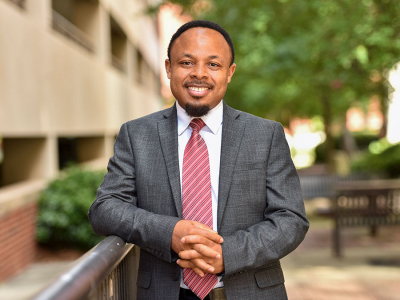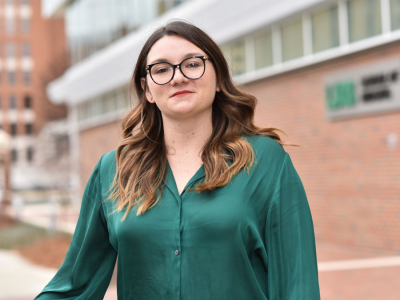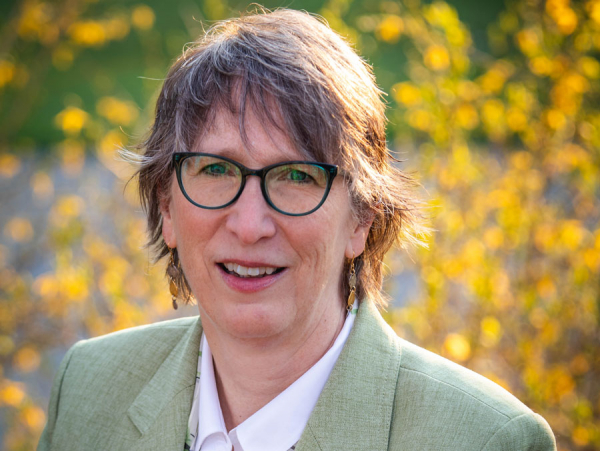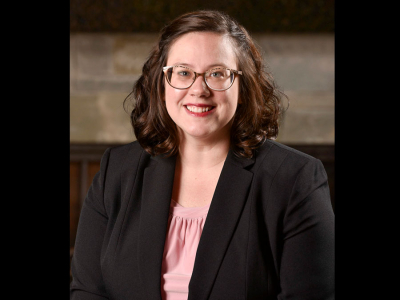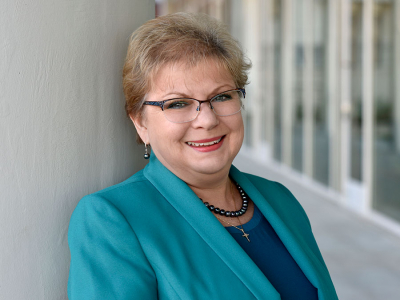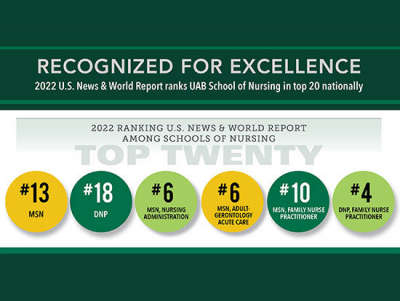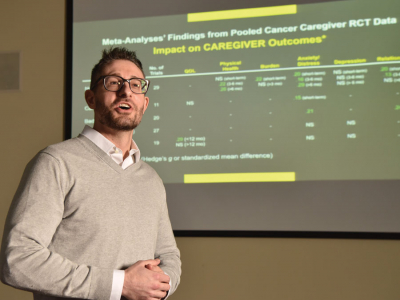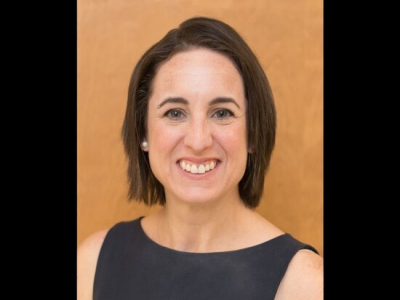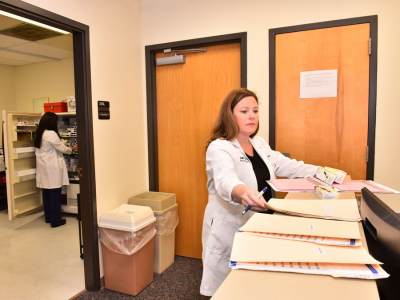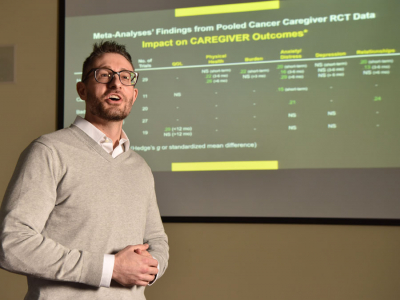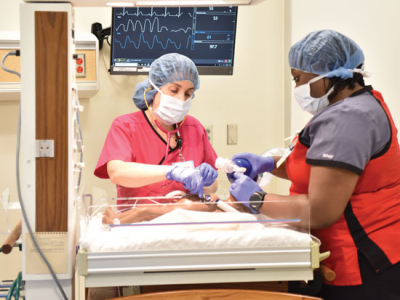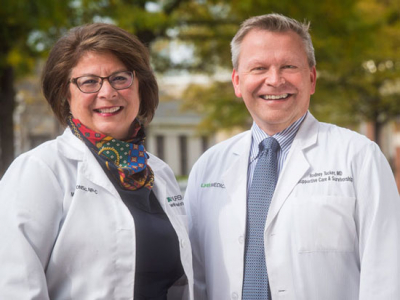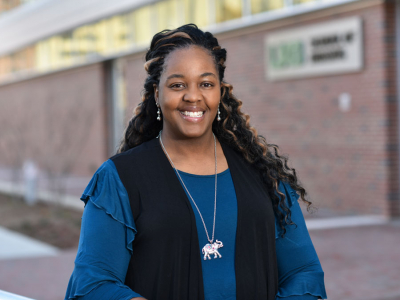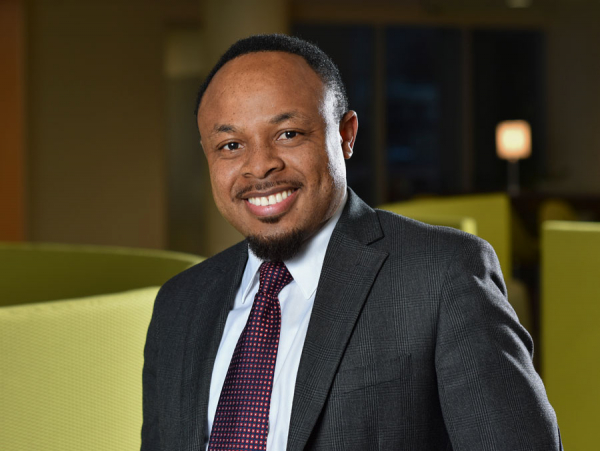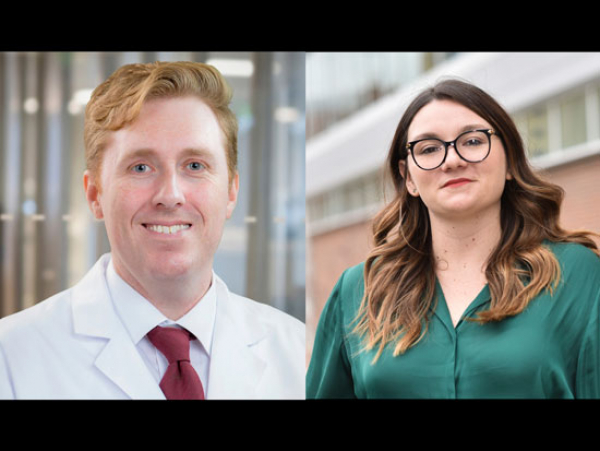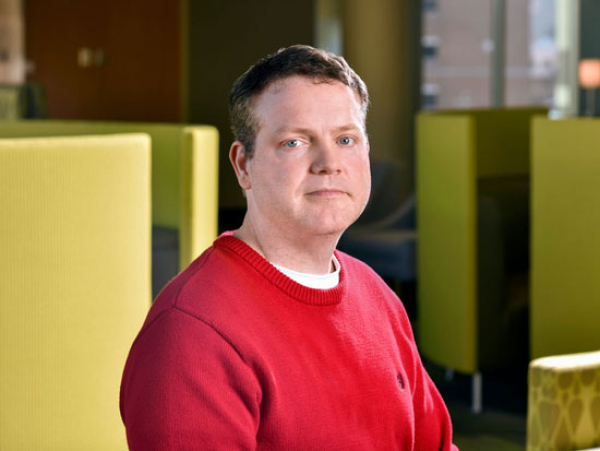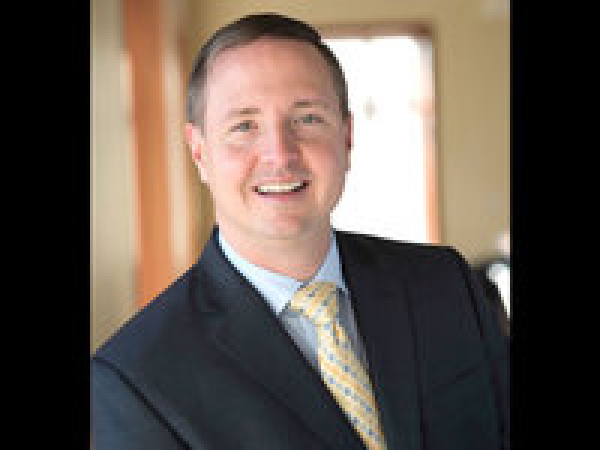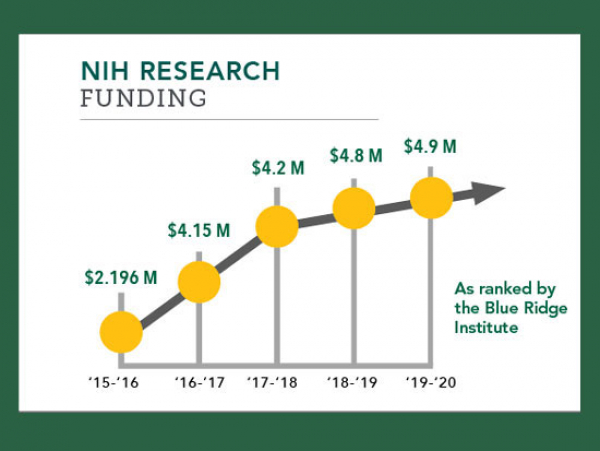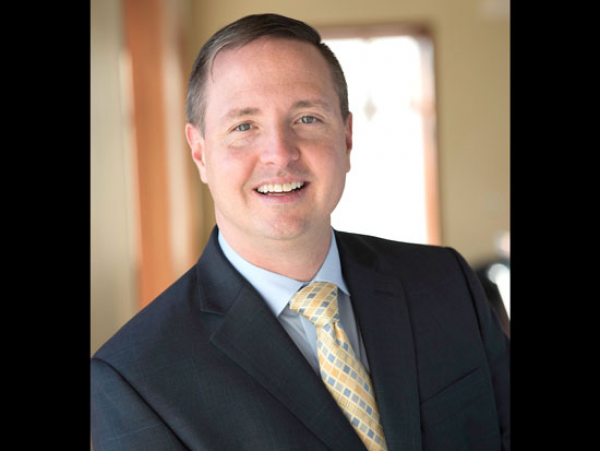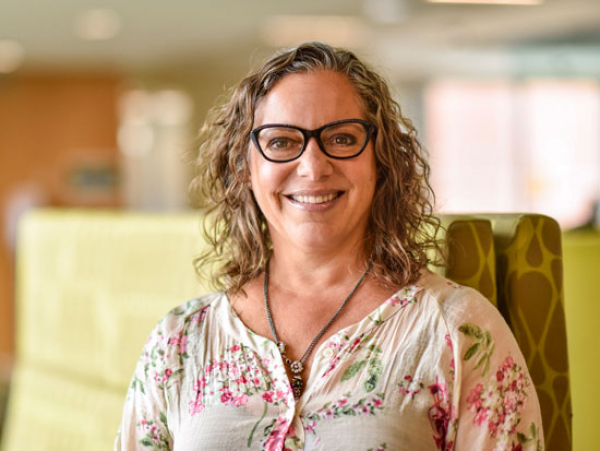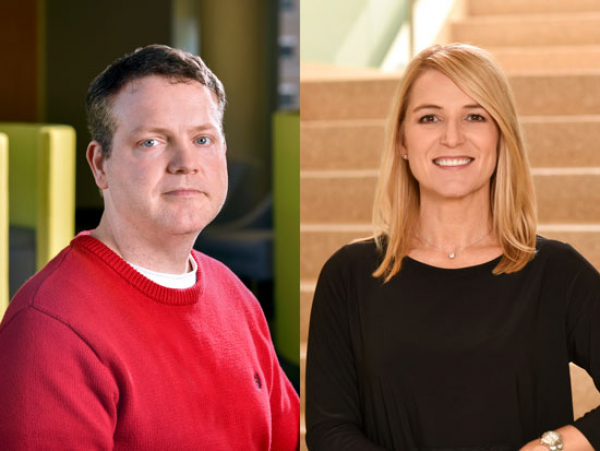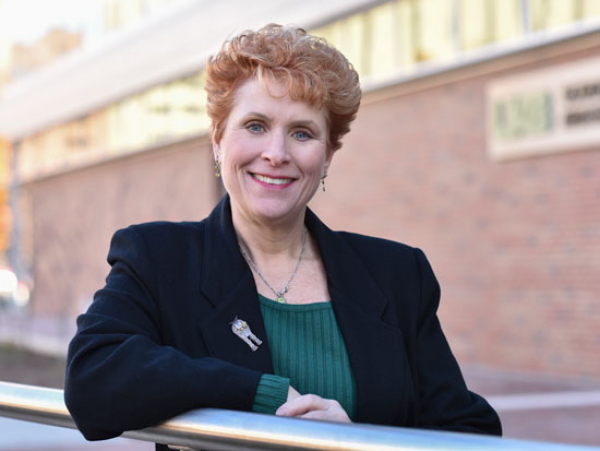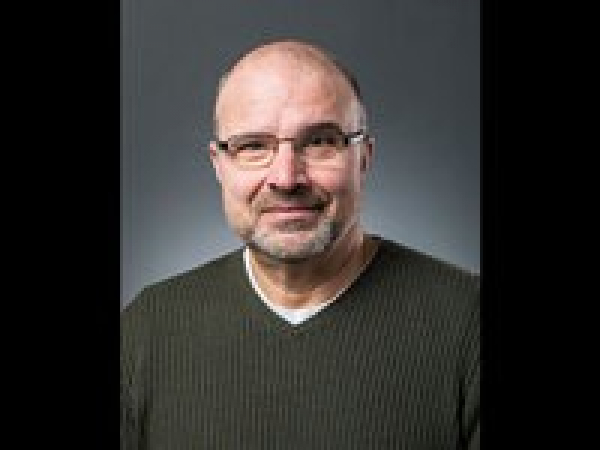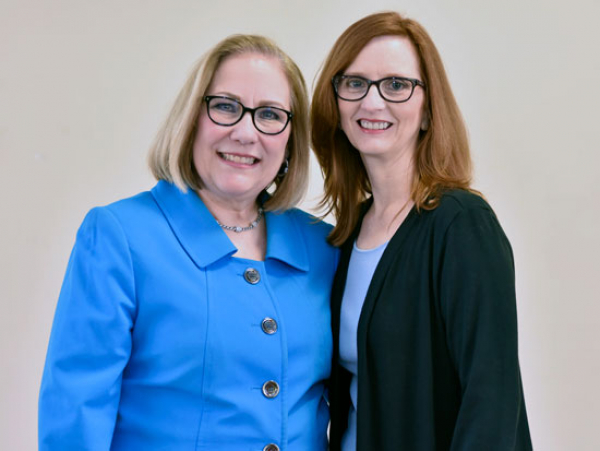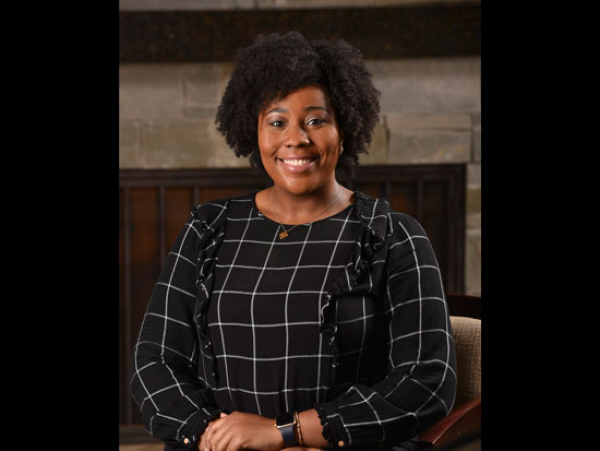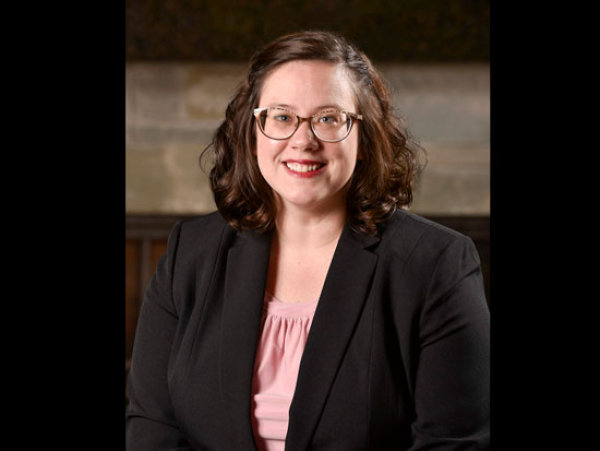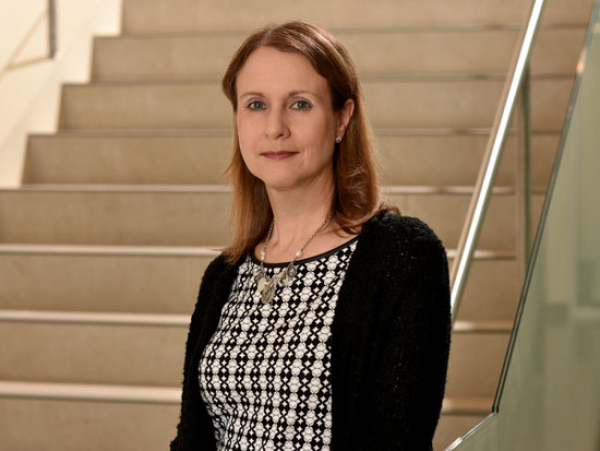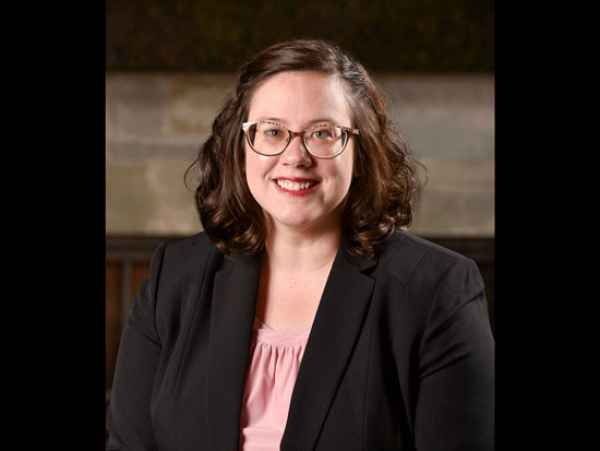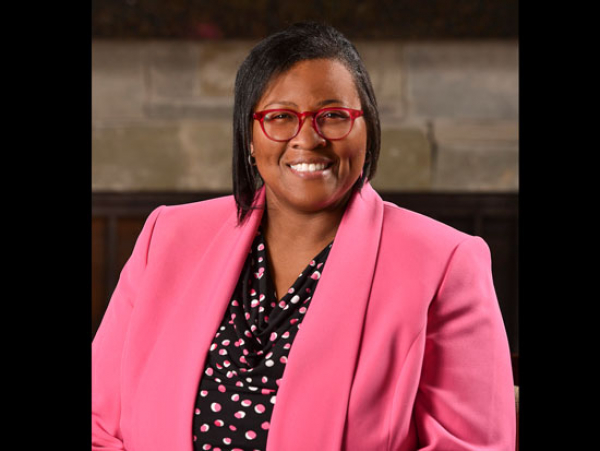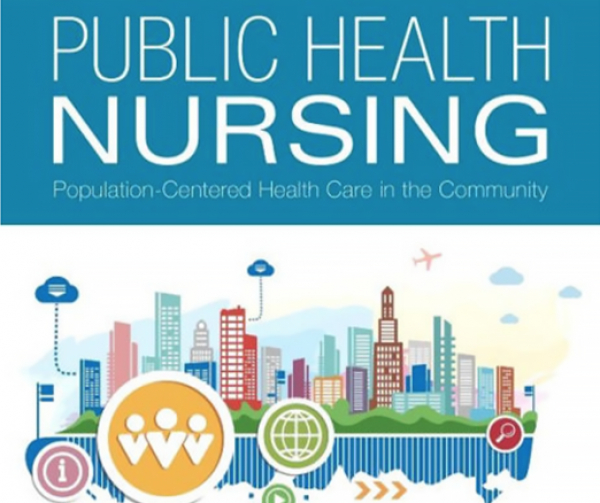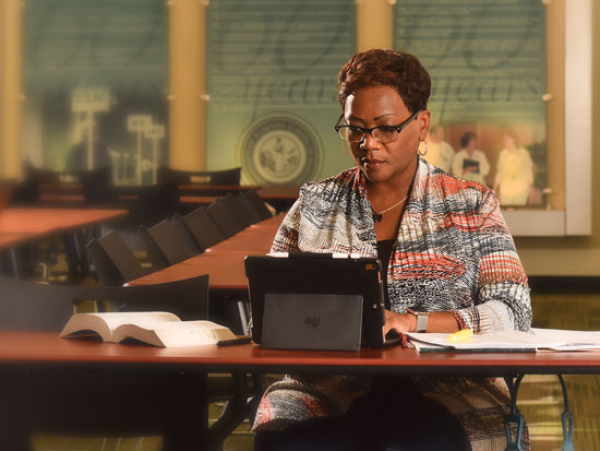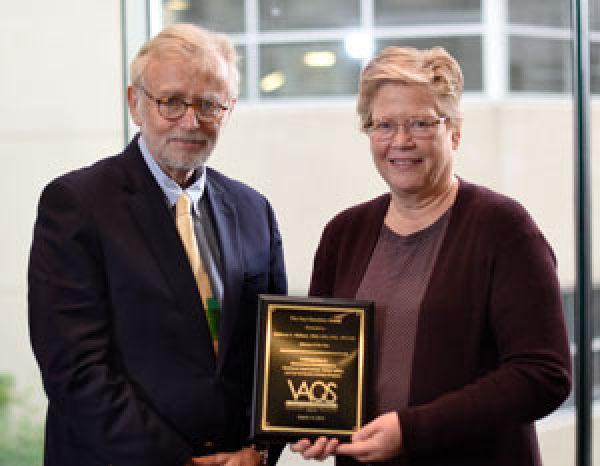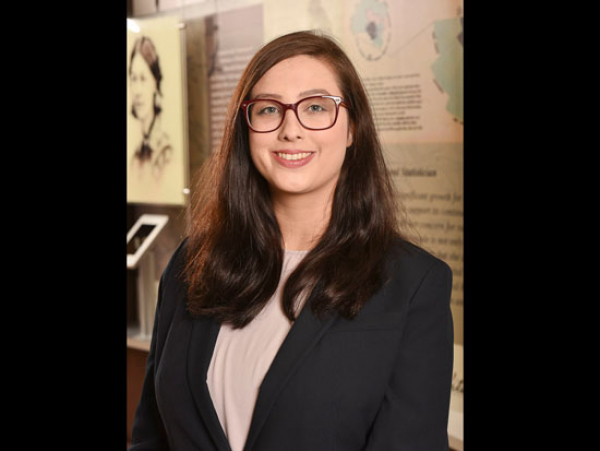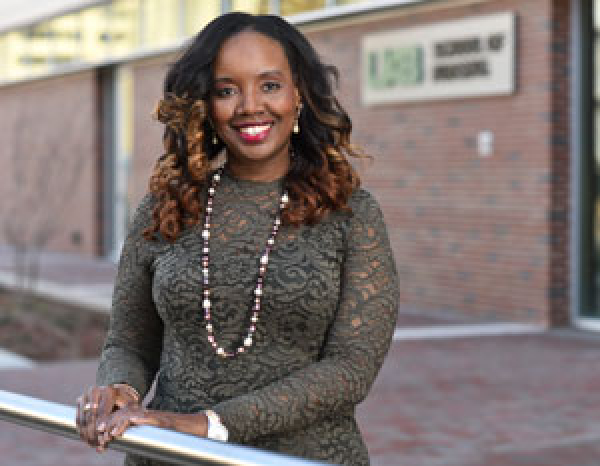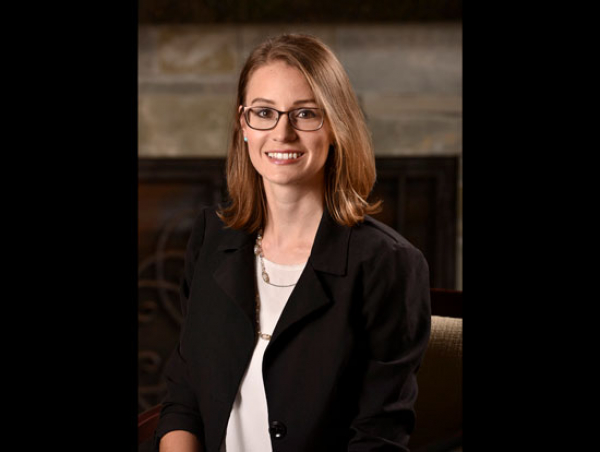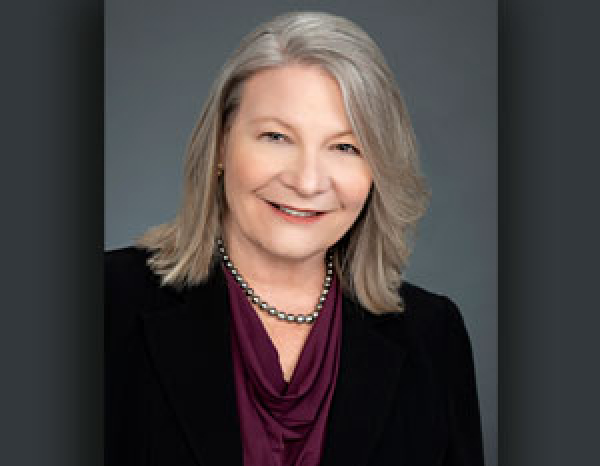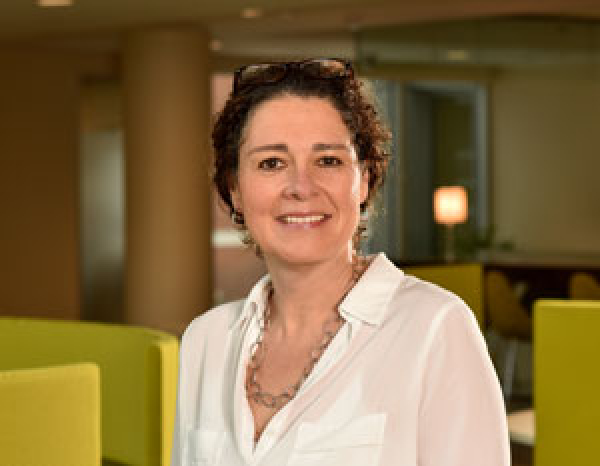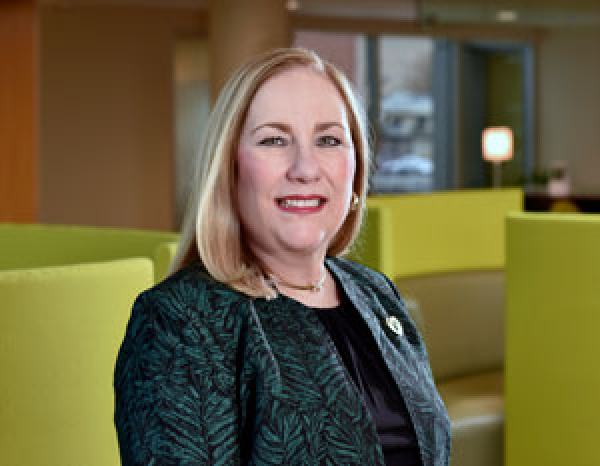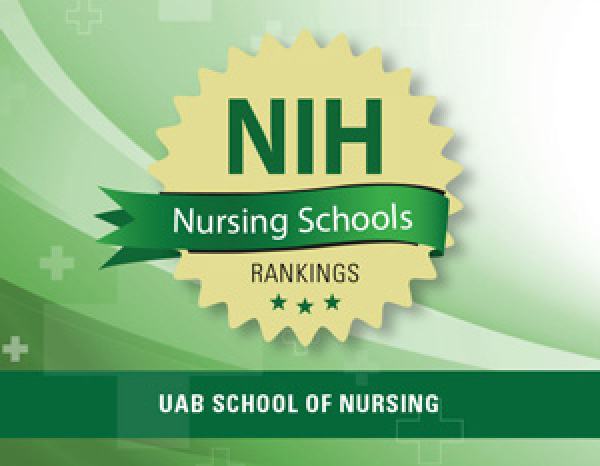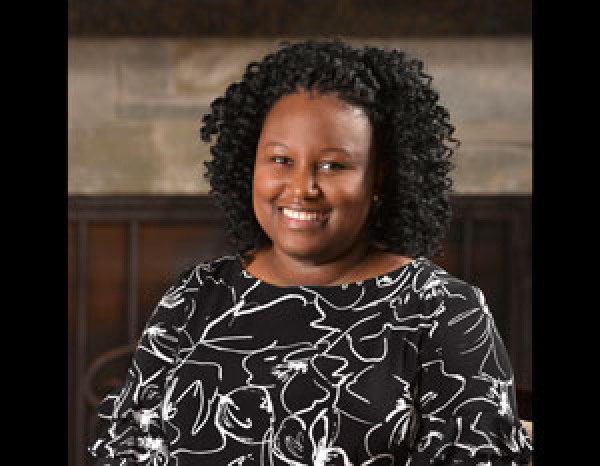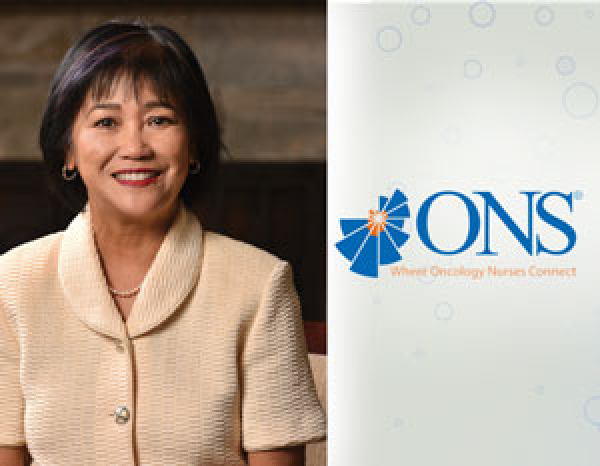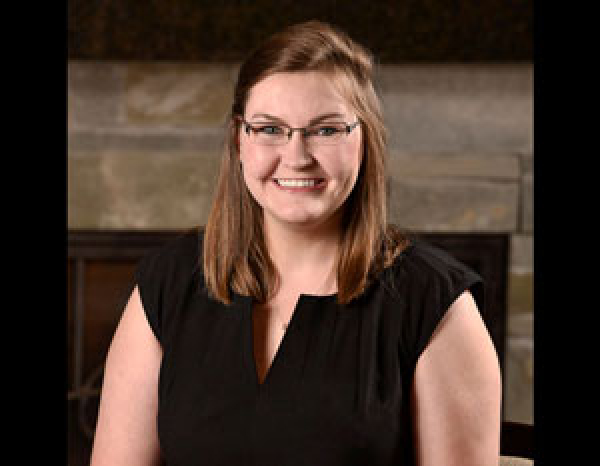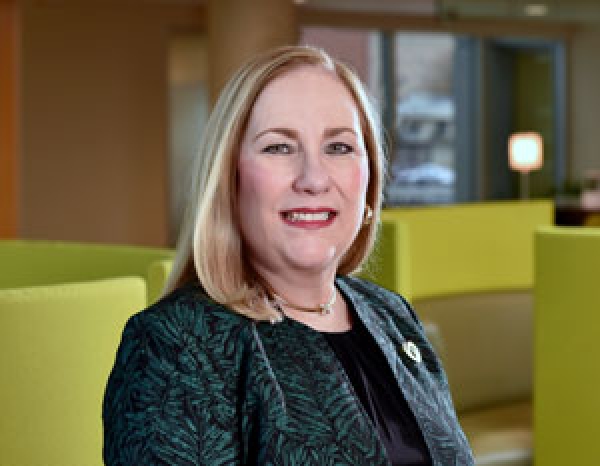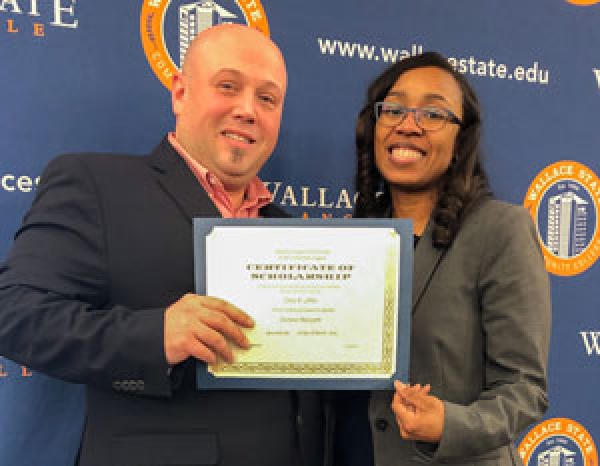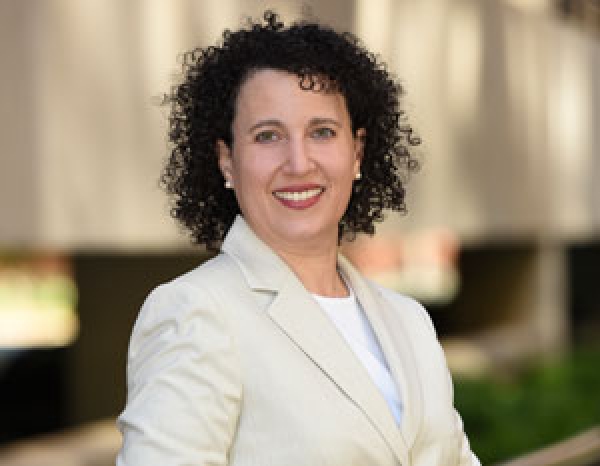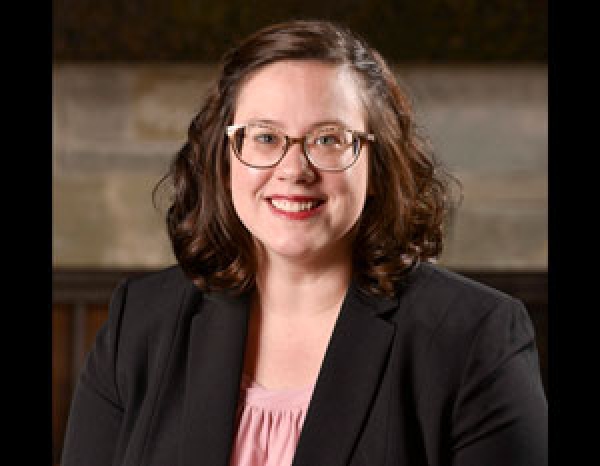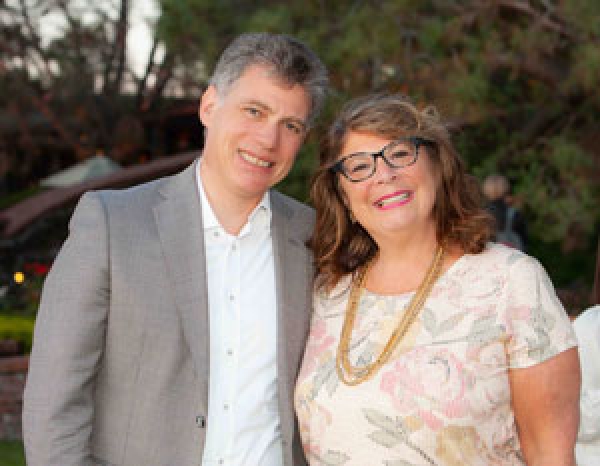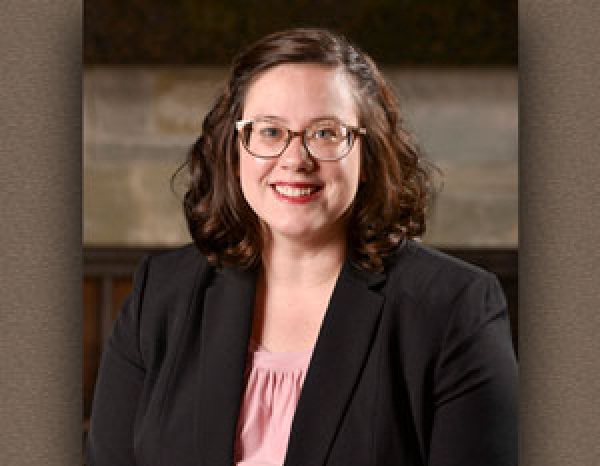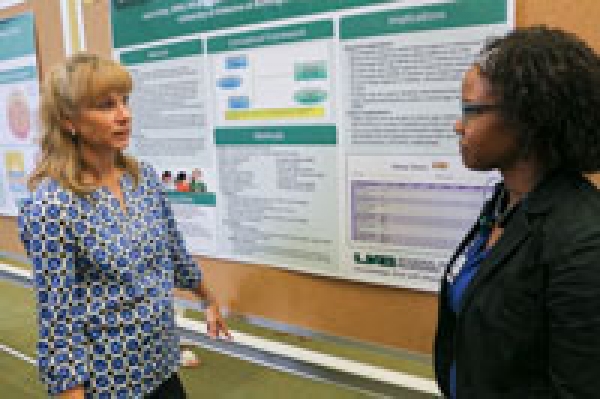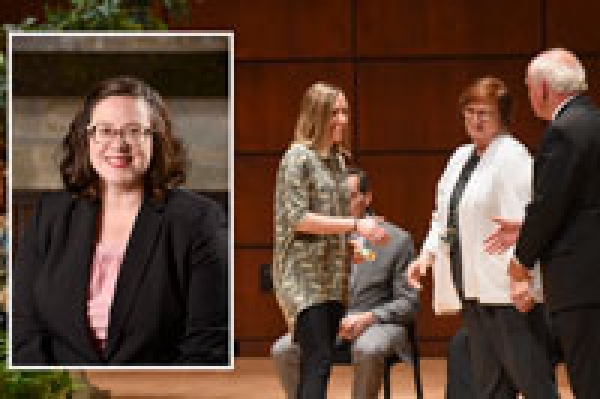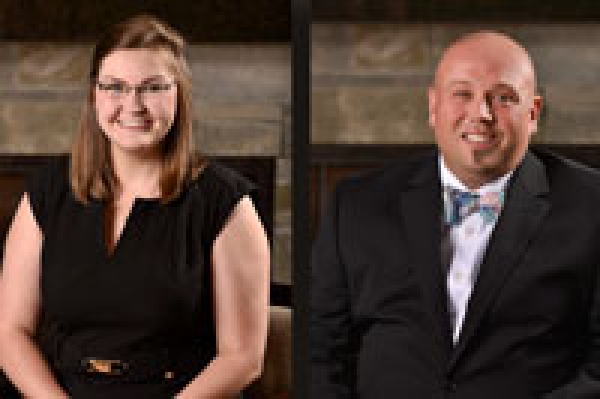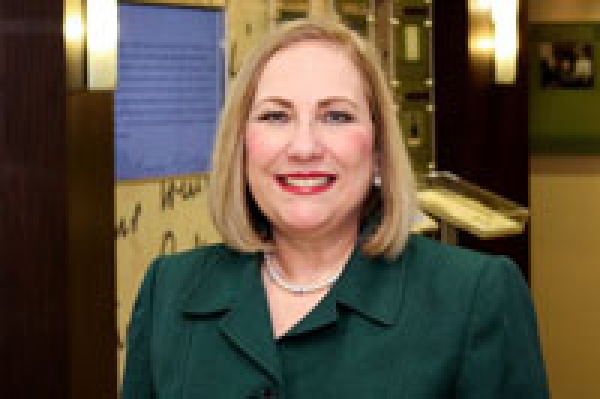 By Erica Techo
By Erica Techo
As the nation faces an ongoing opioid epidemic and a growing need for clinicians with in-depth knowledge on opioid use disorder and other forms of addiction, the UAB School of Nursing has received a three-year, $1.13 million grant from the U.S. Department of Health and Human Services’ Health Resources and Services Administration (HRSA) to partner with the UAB College of Arts and Sciences Department of Social Work to prepare more nurse practitioners and social workers to provide high-quality interprofessional care for opioid use disorder.
The state of Alabama faces a deficit of primary care providers and professional social workers and consistently ranks poorly among states for mental health services. Lack of access to care contributes to significant gaps in services, which include prevention of substance misuse and addiction treatment. The state has also seen a 300 percent increase in opioid overdose deaths in the last five years, and continues to have the highest opioid prescription rate in the United States.
“The use and misuse of opioids continues to be a growing problem in Alabama and across the country, with no sign of slowing,” said Dean and Fay B. Ireland Endowed Chair in Nursing Doreen C. Harper, PhD, RN, FAAN. “Our School already leads the way in preparing professional nurses to care for rural and underserved populations, and this grant strengthens our School and University’s ability to prepare highly qualified professionals to provide care for opioid use disorder in the primary care setting. With additional didactic and clinical training for primary care nurse practitioners and social workers, UAB graduates across professions can increase preventive care and access to care for our most vulnerable residents.”
An initial cohort of 21 students, 10 Master’s of Science in Nursing (MSN) Psychiatric Mental Health Nurse Practitioner (PMHNP), 10 Master’s of Social Work (MSW) and one Doctor of Nursing Practice (DNP) student will receive additional training, including interprofessional learning experiences centered on prevention, early intervention, and treatment of opioid use disorder. Their attention will be focused on Alabama’s vulnerable populations including children, adolescents, and transitional age youth from families affected by substance use disorders.
 Susanne Fogger, DNP, CRNP, CARN-AP, PMHNP-BC, FAANPStudents will work with several of the University’s academic-practice partnership clinics, including the 1917 Clinic, the Providing Access to Healthcare (PATH) Clinic, the UAB Hospital Heart Failure Transitional Care Services for Adults (HRTSA) Clinic, Cooper Green Mercy Health Services, and the UAB Addiction Recovery Treatment Clinic as part of the grant. The clinical sites provide the students additional clinical hours atop already rigorous training as well as the opportunity to work directly with patients with substance related disorders in both primary care and specialized clinics. PMHNPs and MSWs will work together to evaluate and develop treatment plans for patients, and the clinical experience will guide projects and case studies throughout the grant. Ensuring an interprofessional clinical environment also strengthens the experience of students participating in the grant, said the grant’s principal investigator Professor Susanne Fogger, DNP, CRNP, CARN-AP, PMHNP-BC, FAANP, the school’s consultant on addictions.
Susanne Fogger, DNP, CRNP, CARN-AP, PMHNP-BC, FAANPStudents will work with several of the University’s academic-practice partnership clinics, including the 1917 Clinic, the Providing Access to Healthcare (PATH) Clinic, the UAB Hospital Heart Failure Transitional Care Services for Adults (HRTSA) Clinic, Cooper Green Mercy Health Services, and the UAB Addiction Recovery Treatment Clinic as part of the grant. The clinical sites provide the students additional clinical hours atop already rigorous training as well as the opportunity to work directly with patients with substance related disorders in both primary care and specialized clinics. PMHNPs and MSWs will work together to evaluate and develop treatment plans for patients, and the clinical experience will guide projects and case studies throughout the grant. Ensuring an interprofessional clinical environment also strengthens the experience of students participating in the grant, said the grant’s principal investigator Professor Susanne Fogger, DNP, CRNP, CARN-AP, PMHNP-BC, FAANP, the school’s consultant on addictions.
“It is important to recognize that health care is no longer divided into silos of treatment,” Fogger said. “We see a greater need for collaboration and interprofessional work in order to treat the whole patient — not just their symptoms. By connecting the two Schools, we are creating the educational foundation of integrated behavioral health care where the talents of both psychiatric nurse practitioners and clinical social workers are maximized.”
The ultimate goal of the collaborative interprofessional project is to put an additional cohort of 63 psychiatric mental health nurse practitioners and social workers into Alabama’s workforce over the three-year project, strengthening the primary mental health care workforce and increasing the prevention, treatment, and recovery of patients in high need and high demand areas. Although the project is funded for three years, the intention is to continue to train skilled professionals in both disciplines, continuing to develop a well-trained workforce.
“The nurse practitioners who graduate from the School’s PMHNP program already have training in recognizing opioid misuse and other forms of addiction, but this grant allows us to deepen that knowledge and expand their toolkit as providers,” Fogger said. “One of the biggest issues for people seeking treatment is lack of access to providers with the knowledge and skills to keep individuals in recovery. Training more nurse practitioners to treat opioid use disorder as well as other addiction is important because as many as half of the patients seen in a psychiatric practice may also have substance misuse or a substance use disorder.”
“As MSNs bring clinical and biological treatment expertise, MSWs bring a knowledge of evidence-based interventions, case management and additional community resources,” Fogger continued. “The two professionals complement each other, providing a robust interprofessional experience for participants and primary care treatment that addresses all angles of care for patients.”
Department of Social Work Distinguished Professor and Interim BSW Program Director David Pollio, MSW, PhD, is grant project coordinator and brings more than 30 years of research and practice experience in mental health and addiction services, new interventions, and more. Along with Fogger, Pollio will design and implement the program plan and will supervise all social work activities.
“We are thrilled to be partnering with the School of Nursing in this important project. The Department of Social Work’s focus on health and behavioral health perfectly complements the educational and training approach in the project,” Pollio said. “We are pleased to be able to support UAB in helping address this important issue in the Birmingham community and across the state of Alabama.”

